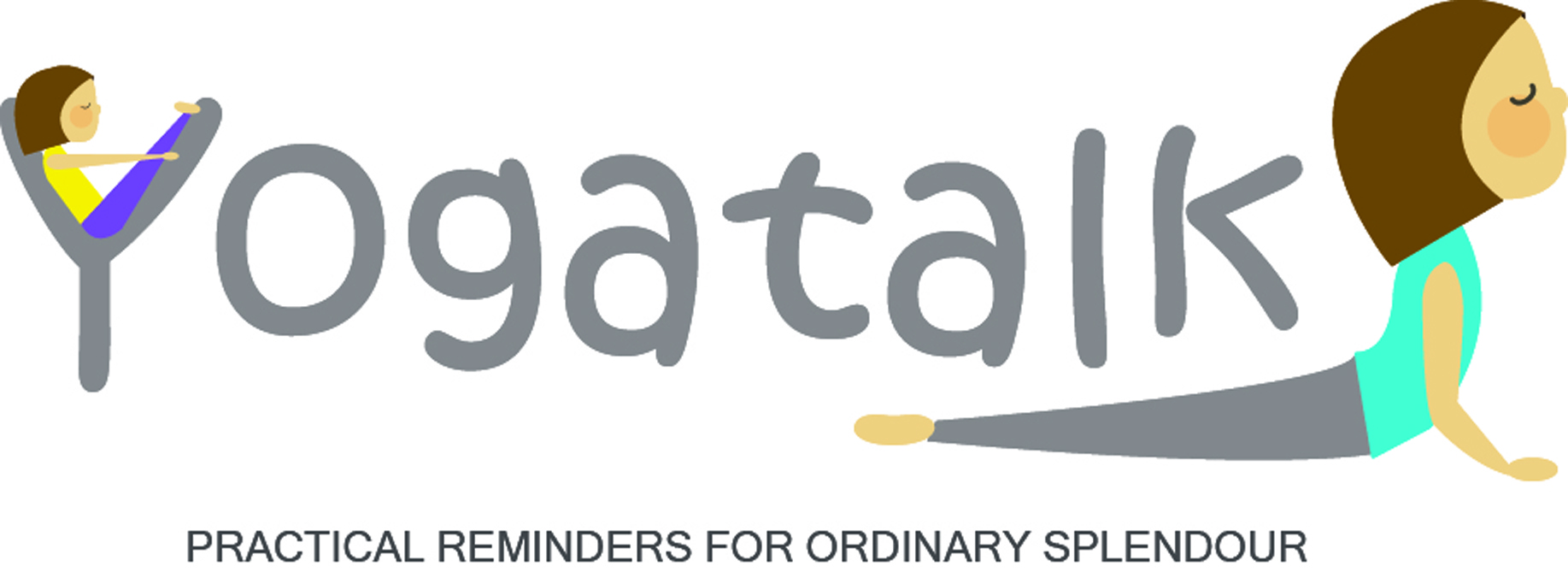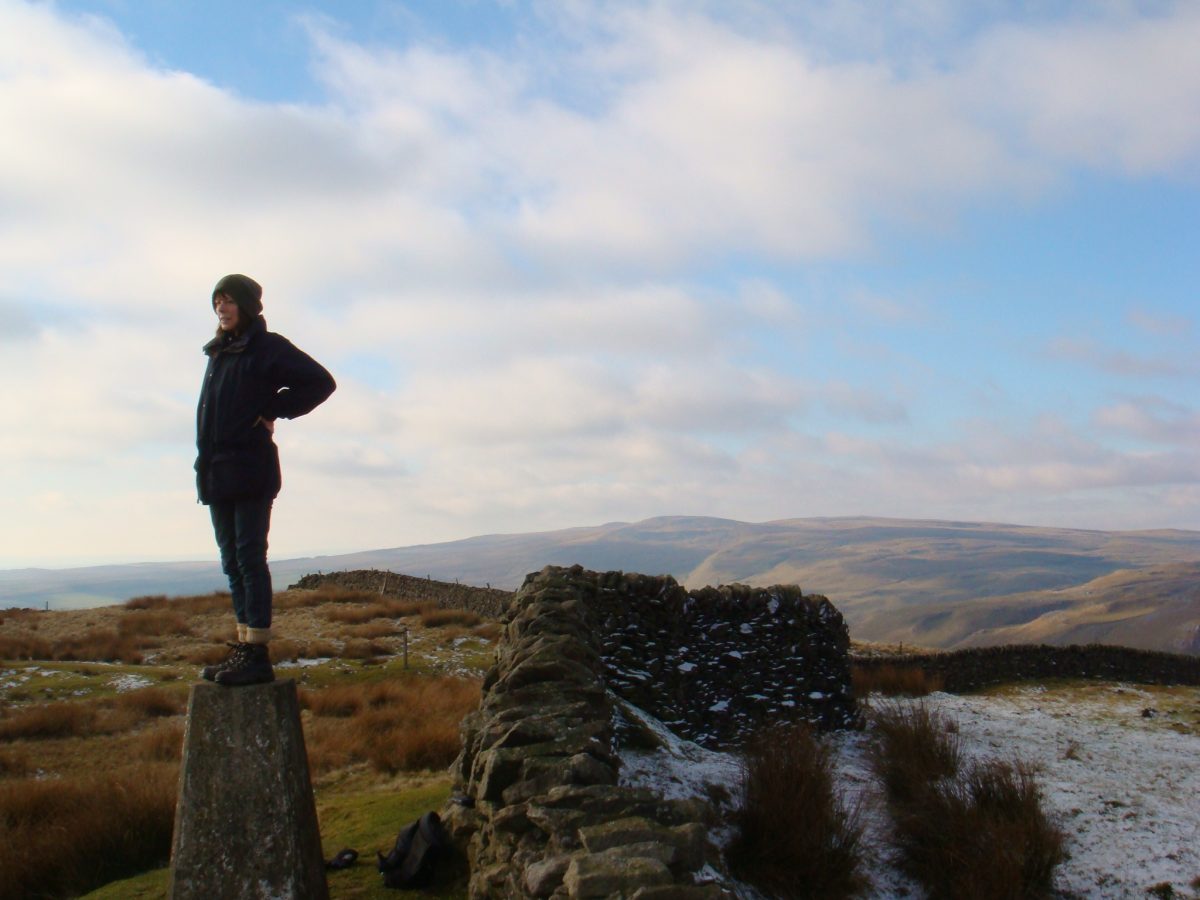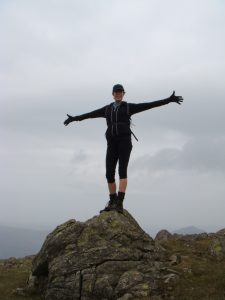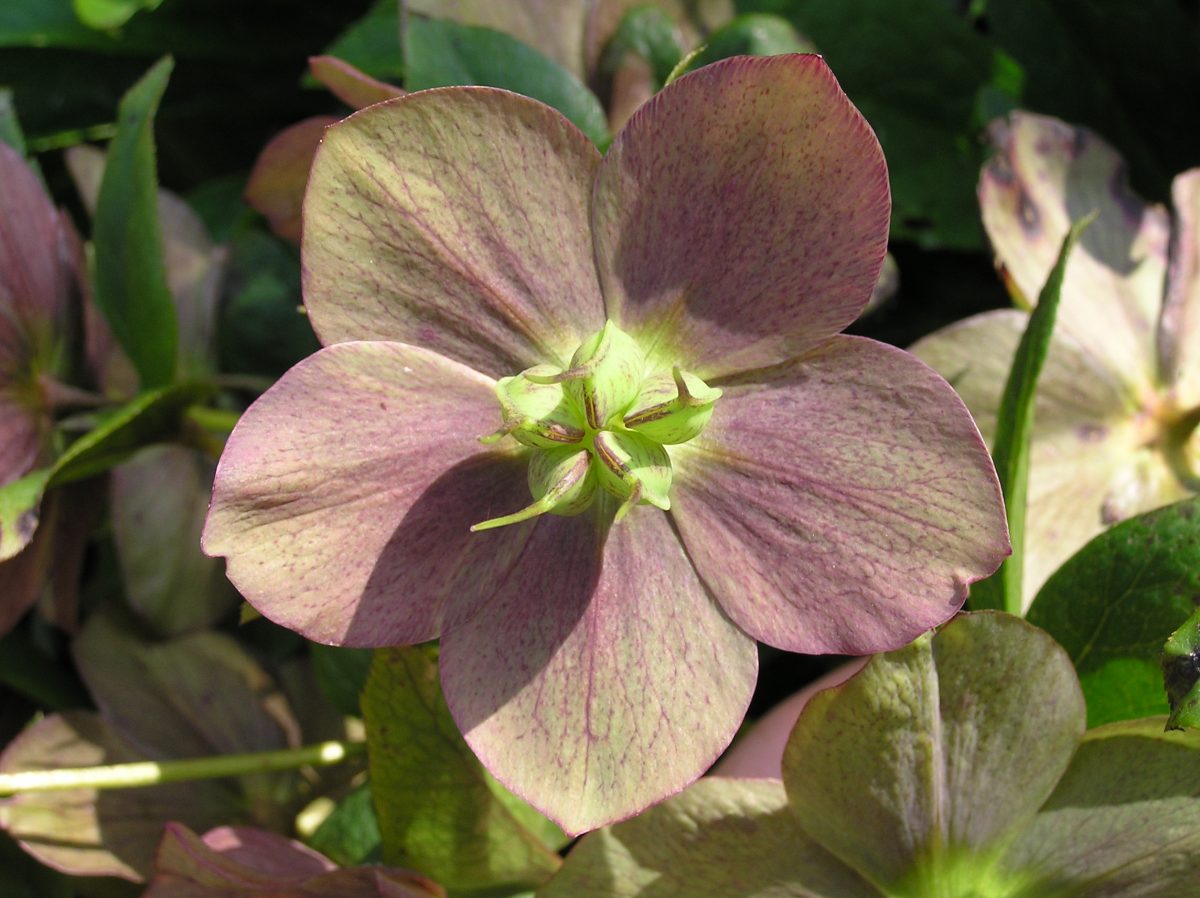 Have you ever wondered why, when someone asks something of you, you say no when really you wanted to say yes but just couldn’t bring yourself to do it? Or you find yourself doing something you really didn’t want to do because you just couldn’t say no?
Have you ever wondered why, when someone asks something of you, you say no when really you wanted to say yes but just couldn’t bring yourself to do it? Or you find yourself doing something you really didn’t want to do because you just couldn’t say no?
It happens to everyone at some time or another!
Are we resisting or pushing back because we feel we have no option, by agreeing to do something we have no desire to do – or are we resisting what we need for ourselves. Do we even know the difference?
Our busy lifestyles these days give us no room for thought. Our minds are full of information, things to remember, jobs that mustn’t be forgotten. Kit and I often call it the ‘monkey chatter’ In yogic terms the ‘Vritti’ when the brain won’t stop working overtime and the list gets longer but there’s no space to make sense of it all. We become overwhelmed and anxious, not knowing what to do first, our sleep is affected which makes us tired and inefficient. So the downward spiral continues.
How do we make it stop?
I would say this wouldn’t I but one answer is to get down on the yoga mat, taking the focus away from the chatter. Focus on the gentle soft breathing, relaxing the mind and the body. If the body refuses to stay still, try a walking meditation or a soft and slow yoga practice. As the mind wanders, acknowledge the thought, then park it and bring the attention back to the breath. This can be a real challenge for many of us when the chatter is so loud it drowns out the clearest logic. Don’t give up on yourself.
Resistance can be both the ying and the yang. We can inadvertently resist the things that are good for us, or control it and use that gift to help us bring some positive change to our behaviour patterns.
Yoga off the mat can be just as valuable as yoga on the mat. Finding the balance is the tricky bit. We don’t always have to be physically still to enjoy the practice of stillness and meditation. Take a moment here and there to offer the mind a little space. Sometimes resisting the urge to carry on with the immediate task – taking a moment from time to time to adjust, to enjoy, to breathe, to notice the everyday splendour in the smallest of things. For me, it gives a sense of purpose for our very existence.





 STOP. CLOSE YOUR EYES AND TRY HOLDING YOUR BREATH…
STOP. CLOSE YOUR EYES AND TRY HOLDING YOUR BREATH…
 We can occasionally find opportunity to do nothing but stand empty-handed.
We can occasionally find opportunity to do nothing but stand empty-handed.


